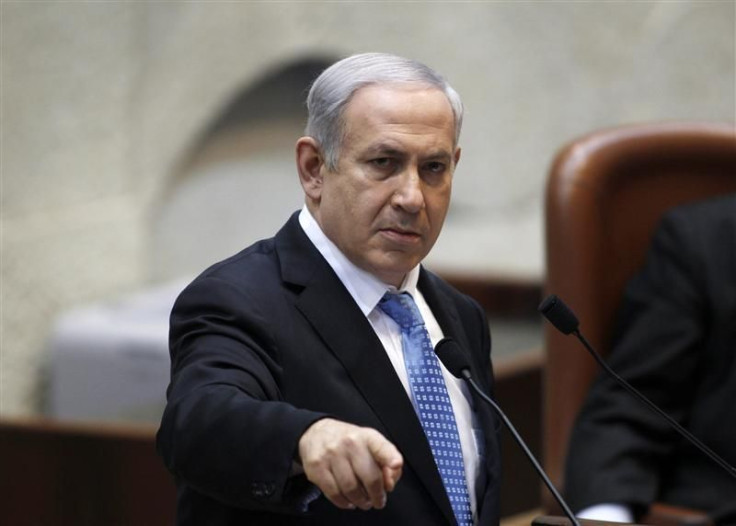Britain, France Furious Over Israeli Settlement Decision, Mulling To Recall Ambassadors: Report

Britain and France are reportedly planning to recall their ambassadors from Israel over its construction plans in occupied West Bank and East Jerusalem.
In retaliation to a U.N. vote which accorded Palestine a non-member observer state status, Israeli Prime Minister Benjamin Netanyahu decided on Friday to move ahead with plans to build some 3,000 new housing units in East Jerusalem and the West Bank and advance new construction in the sensitive E1 area near Jerusalem, reneging on a promise he had made to the Obama administration.
U.N. chief Ban Ki-moon warned Sunday that the implementation of Israel’s latest plan for new settlements would deal an “almost fatal blow” to any prospects for peace with the Palestinians.
Ban expressed "grave concern and disappointment" over the decision, while adding that “any plans for E1 must be rescinded” in the interests of peace.
U.S. Secretary of State Hillary Clinton Saturday called on Israel to reconsider its plans, saying it would be a setback to efforts to bring about a two-state solution between the Israelis and Palestinians.
The British and French administrations also condemned Netanyahu’s decision Saturday, saying international confidence in Israel’s desire to make peace with the Palestinians was at risk.
Apparently, Britain and France were considering stepping up their protest with an unprecedented decision to recall their diplomats, Israeli daily Haaretz reported Monday.
The Israeli decision has reportedly “shocked” and “angered” the foreign ministries in London and Paris, especially after the support these nations extended to Israel during the recent Gaza fighting.
“This time it won’t just be a condemnation, there will be real action taken against Israel,” an unnamed senior European diplomat told Haaretz. “London is furious about the E1 decision.”
Three senior diplomats from various EU countries who spoke to Haaretz said Britain and France were coordinating their moves against Israel, which they plan to implement over the next few days. The U.K. and France had discussed the unusual measure of recalling their ambassadors from Tel Aviv for consultations, they said.
In a statement Sunday, EU High Representative Catherine Ashton expressed “extreme concern” over the settlement decision and called on Netanyahu and Palestinian President Mahmoud Abbas to work toward a settlement of the conflict.
British Foreign Secretary William Hague condemned the Israeli settlement decision on Saturday, saying “these plans would alter the situation on the ground on a scale that makes the two-state solution, with Jerusalem as a shared capital, increasingly difficult to achieve.”
"They would undermine Israel's international reputation and create doubts about its stated commitment to achieving peace with the Palestinians."
Hague's French counterpart, Laurent Fabius, spoke of E1 as "the new colonization zone" and said the Israeli expansion plan could "drain the confidence needed for a return to dialog.”
"I call upon the Israeli authorities to abstain from any decision in this direction and to manifest clearly their desire to restart negotiations," Fabius said in a statement.
France voted in favor of the Palestinians Nov. 29 while Britain abstained.
Like his predecessors Ariel Sharon and Ehud Olmert, Netanyahu had made a commitment to Washington that Israel would not build in the E1 area, a wedge zone between Jerusalem and the West Bank.
Construction in the E1 area would prevent territorial contiguity between the northern and southern West Bank, posing difficulties in the functioning of the Palestinian state.
Israel says the upgrade of the Palestinians' status at the U.N. to that of a non-member state changes nothing, insisting that only direct negotiations with Israel could bring about the Palestinian statehood.
© Copyright IBTimes 2024. All rights reserved.












